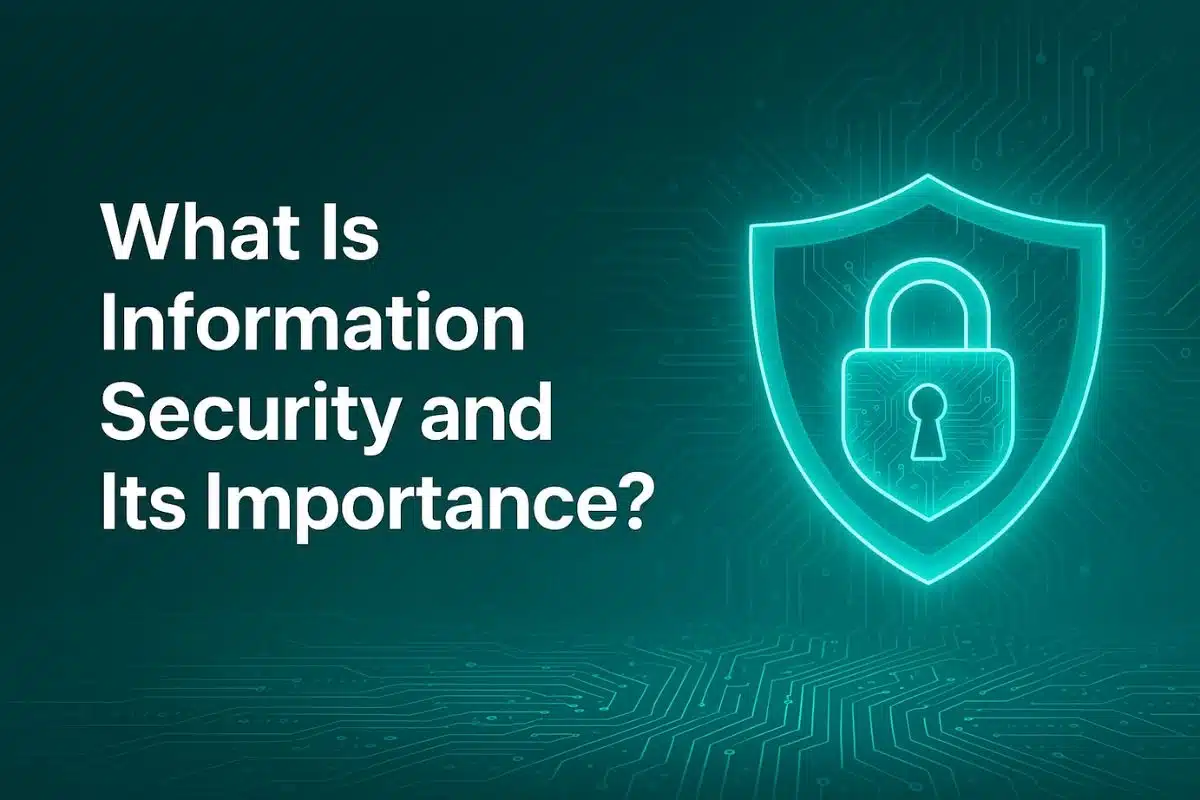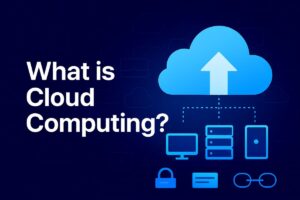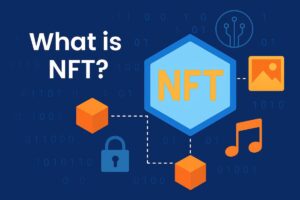We store and share vast amounts of information online. From social media accounts to online banking, our personal and financial data is constantly at risk. Information security helps protect this data from hackers, cybercriminals, and other threats.
But what is information security and its importance? Simply put, it’s the practice of keeping data safe from unauthorized access, theft, or damage. Whether you’re a student, a business owner, or just an internet user, understanding information security is crucial.
In this guide, we’ll break down everything you need to know in simple terms—no technical jargon, just clear explanations.
What Is Information Security?
Information security (InfoSec) refers to the methods and tools used to protect sensitive data from cyber threats. It covers digital and physical security measures to ensure that information remains confidential, intact, and available when needed.
Key Goals of Information Security:
-
Prevent unauthorized access to data.
-
Ensure data accuracy (no tampering or corruption).
-
Make data accessible to authorized users when required.
Whether it’s your passwords, bank details, or school records, information security keeps them safe from hackers and cyberattacks.
Key Principles of Information Security (CIA Triad)
Information security is built on three main principles, known as the CIA Triad:
| Principle | Description |
|---|---|
| Confidentiality | Ensures only authorized users can access data (e.g., passwords, encryption). |
| Integrity | Keeps data accurate and unaltered (e.g., detecting tampering). |
| Availability | Ensures data is accessible when needed (e.g., preventing server crashes). |
These principles work together to create a strong security framework.
Types of Information Security
Information security is divided into different categories based on what it protects:
-
Network Security – Protects data traveling across networks (e.g., firewalls, VPNs).
-
Application Security – Secures software and apps from threats (e.g., antivirus, updates).
-
Cloud Security – Protects data stored in cloud services (e.g., Google Drive, AWS).
-
Endpoint Security – Secures devices like laptops and smartphones.
-
Physical Security – Protects hardware (e.g., locked server rooms).
Each type plays a role in keeping data safe from different threats.
Common Cyber Threats to Information Security
Cybercriminals use various methods to steal or damage data. Some common threats include:
-
Malware (viruses, ransomware, spyware)
-
Phishing (fake emails tricking users into sharing passwords)
-
Hacking (unauthorized access to systems)
-
Data Breaches (leaks of sensitive information)
-
DDoS Attacks (overloading servers to crash websites)
Understanding these threats helps in taking preventive measures.
Why Is Information Security Important?
Now that we know what information security is, let’s discuss its importance:
✅ Protects Personal Data – Prevents identity theft and financial fraud.
✅ Safeguards Businesses – Companies lose millions due to cyberattacks.
✅ Ensures Privacy – Keeps confidential information (medical records, bank details) secure.
✅ Prevents Financial Loss – Cyberattacks can lead to huge financial damages.
✅ Maintains Trust – Customers trust businesses that protect their data.
Without strong information security, our digital lives would be much riskier.
Best Practices for Information Security
Here are some simple ways to stay safe online:
🔒 Use Strong Passwords – Mix letters, numbers, and symbols.
🔒 Enable Two-Factor Authentication (2FA) – Extra layer of security.
🔒 Update Software Regularly – Patches security flaws.
🔒 Avoid Suspicious Links – Prevents phishing attacks.
🔒 Backup Important Data – Protects against ransomware.
By following these steps, you can significantly reduce cyber risks.
FAQs About Information Security
1. What is the main goal of information security?
The main goal is to protect data from unauthorized access, tampering, and loss.
2. How does information security differ from cybersecurity?
Cybersecurity focuses on digital threats, while information security covers both digital and physical data protection.
3. Can individuals be affected by information security breaches?
Yes! Personal data leaks can lead to identity theft and financial fraud.
4. What are some examples of information security tools?
Firewalls, antivirus software, encryption, and VPNs are common tools.
5. Why do students need to learn about information security?
Students handle sensitive data (school records, online accounts) and must know how to protect it.
6. What should I do if my data is breached?
Change passwords immediately, enable 2FA, and report the breach if necessary.
7. Is public Wi-Fi safe for sensitive activities?
No! Public Wi-Fi is risky—avoid online banking or logging into accounts on unsecured networks.
Conclusion
Understanding what information security is and its importance helps us stay safe in the digital world. From protecting personal data to preventing cyberattacks, strong security practices are essential for everyone—especially students who are frequent internet users.
By following best practices like using strong passwords and avoiding phishing scams, you can keep your information secure. Stay informed, stay safe!



